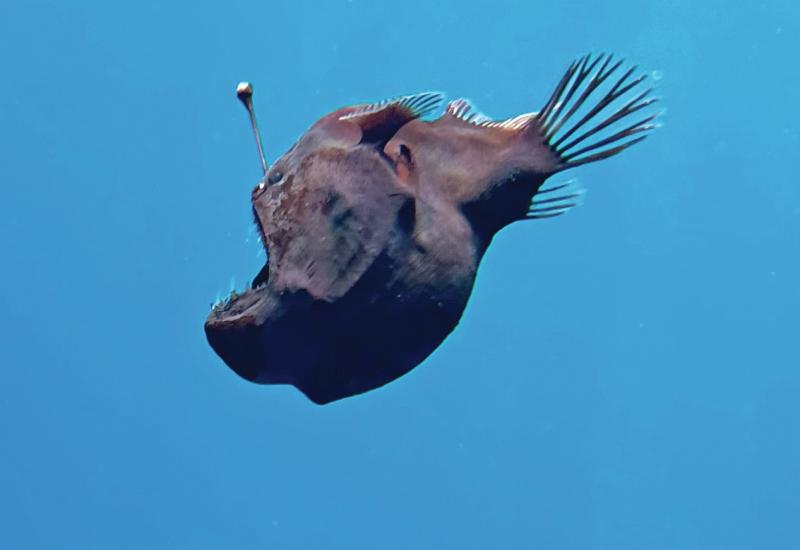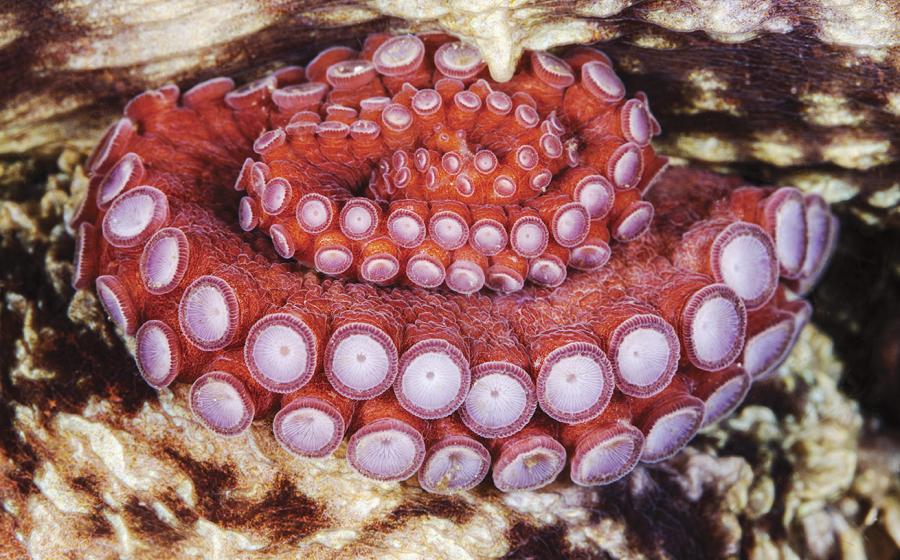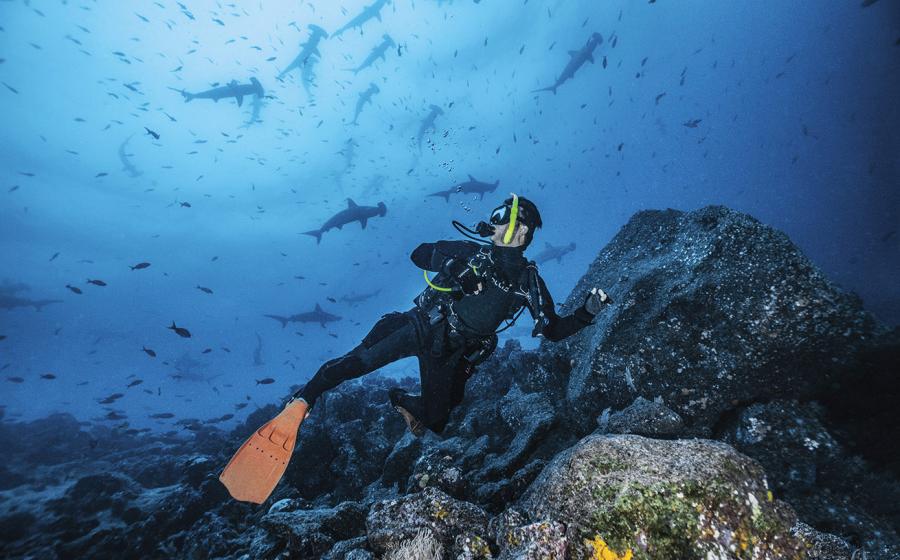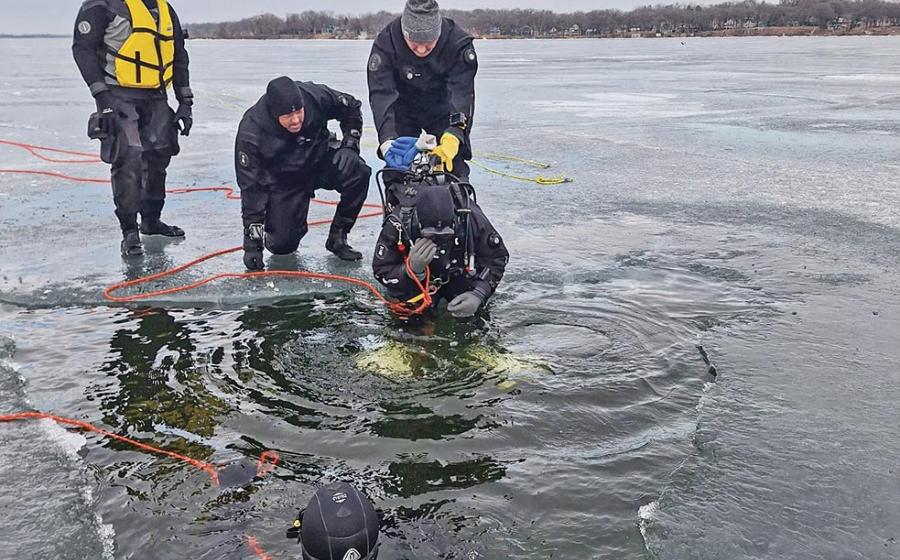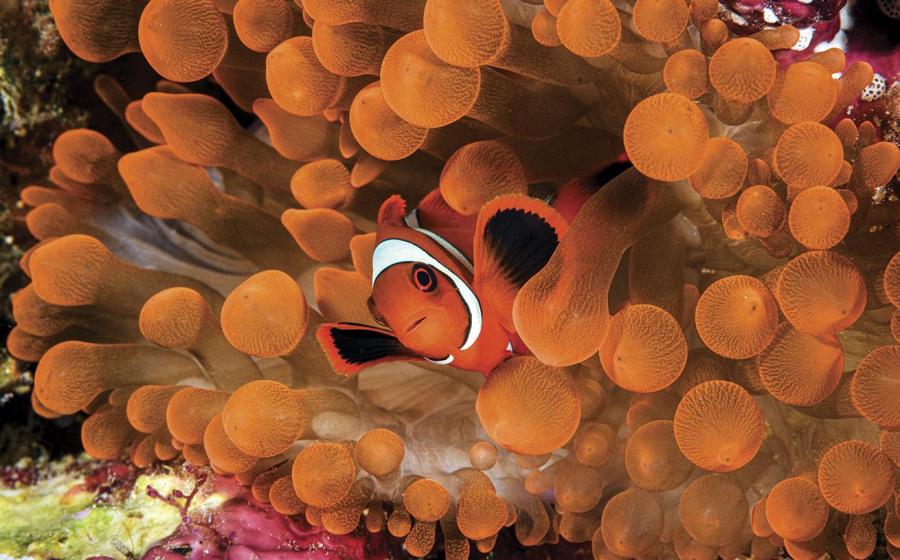6 Awesome Shipwrecks that were Discovered This Year
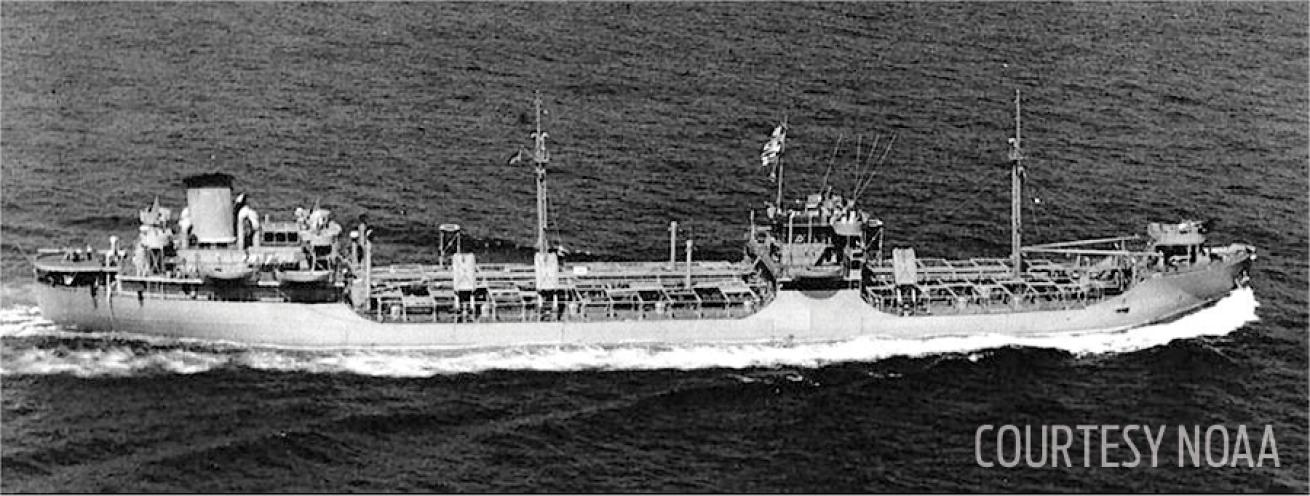
Courtesy of NOAAResearchers at the National Oceanic and Atmospheric Association discovered the remains of the USNS Mission San Miguel in August 2015.
The Russian Submarine
Location: 1.5 nautical miles off the eastern coast of central Sweden
Type of Ship: Submarine
Depth: Undisclosed
Access: Not divable
The Swedish diving group Ocean X Team discovered this Russian “Catfish” submarine in July in the Baltic Sea, after receiving the coordinates from Icelandic dive company Ixplorer. The Swedish military believes it was a World War I-era submarine that sank with its 18 crewmembers in 1916 after colliding with the Swedish steamship, Ångermanland. Som measures in at 66 feet long and 11 feet wide, completely intact, but the Swedish government is withholding the exact location and depth of the wreck.
Pictou Harbor Shipwreck
Location: Pictou Harbor, Nova Scotia, Canada
Type of Ship: Steamship
Depth: About 32 feet
Access: Divable
Dieuze, a wooden steamship built for the French government in 1919, went down on Sept. 25, 1925, “in one of the most spectacular flames in Pictou County,” according to a 1925 article in the Pictou Advocate. Although most steamships of the time were being made from steel, Canada’s need for the metal during World War I prompted shipbuilders to craft Dieuze out of Douglas fir. Despite the fire, the Canadian Hydrographic Society discovered the mostly intact wreck in July when surveying the harbor. Robert MacKay, a Pictou diver who further assessed the ship, credits its preservation to the harbor’s fresh water.
The Navy Tanker
Location: Maro Reef, Northwestern Hawaiian Islands
Type of Ship: Tanker
Depth: 80 feet
Access: Divable
After years of searching, marine researchers from the National Oceanic and Atmospheric Administration discovered a sunken 524-foot US Navy tanker in August. The tanker transported fuel during World War II and the Korean War, but ultimately took a plunge in 1957 after hitting Maro Reef at full speed. The Navy rescued all 42 crewmembers on board, but a lack of coordinates made it difficult to locate the tanker afterward. The ship is nestled in one of the largest marine conservation areas in the world, the Papahānaumokuākea Marine National Monument, which covers roughly 140,000 square miles of ocean. These waters are home to about 60 known shipwrecks. The USNS Mission San Miguel now lives on as an artificial reef.
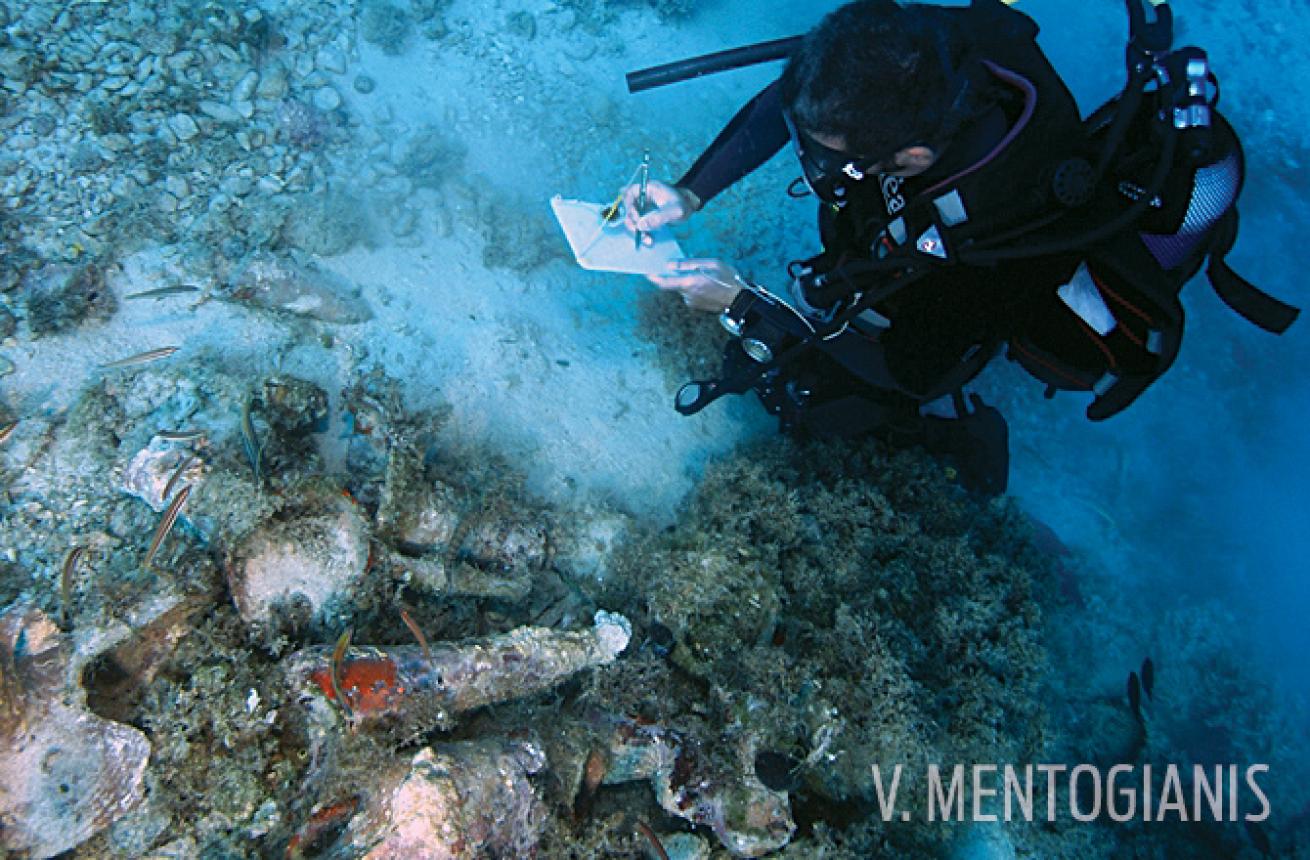
V. MentogianisIn September, Greek and American archaeologists discovered the remains of 22 shipwrecks from as far back as 700 B.C.
Fourni Shipwrecks
Location: Fourni Archipelago, Greece
Type of Ship: Merchant vessels
Depth: 10 feet to 180 feet
Access: Not Divable
Archaeologists discovered a shipwreck museum of sorts in September, with 22 ships within a 17-square-mile area. The earliest wreckage dates back to the Archaic Period (700-480 B.C.) and the latest come from the Late Medieval Period (1500-1600 A.D.). While many of the actual ships have disintegrated in the water over the centuries, the Greek and American archeologists found clay jars that may have contained goods for sale. Historians are using this information to learn about Eastern Mediterranean trade routes of the time. They are continuing to cover the area, searching for more historical ships lost in the Aegean Sea.
Indian Ocean Vessel
Location: Indian Ocean
Type of Ship: Vessel
Depth: About 12,139 feet
Access: Not divable
While on the search for missing Malaysian Airlines Flight MH370, the Australian Joint Agency Coordination Centre came across a 19th-century shipwreck in December via sonar contact. This marks the second shipwreck of 2015 that was found as a result of searching for MH370, which is still undiscovered. Experts at the Shipwreck Galleries of the Western Australian Museum say the wreck was made of steel or iron near the beginning of the 19th century. JACC has swept more than 30,888 square miles of the ocean floor in search for the aircraft that went missing in March 2014.
Arctic Whaling Shipwrecks
Location: Chukchi Sea
Type of Ship: Whaling vessels
Depth: Unknown
Access: Not divable
A decrease in ice in the Arctic Sea has provided archaeologists with an opportunity to study two ships found in a 144-year-old wreck site off the coast of Alaska last fall. Thirty-three whaling ships were trapped by ice in 1871, leaving more than 1,200 whalers stranded. The crewmembers had no choice but to leave their cargo, which included whale bone, oil and gear, and pack all the whalers onto seven ships. While all crewmembers were rescued, the whaling industry ceased to flourish after the incident, according to NOAA.


